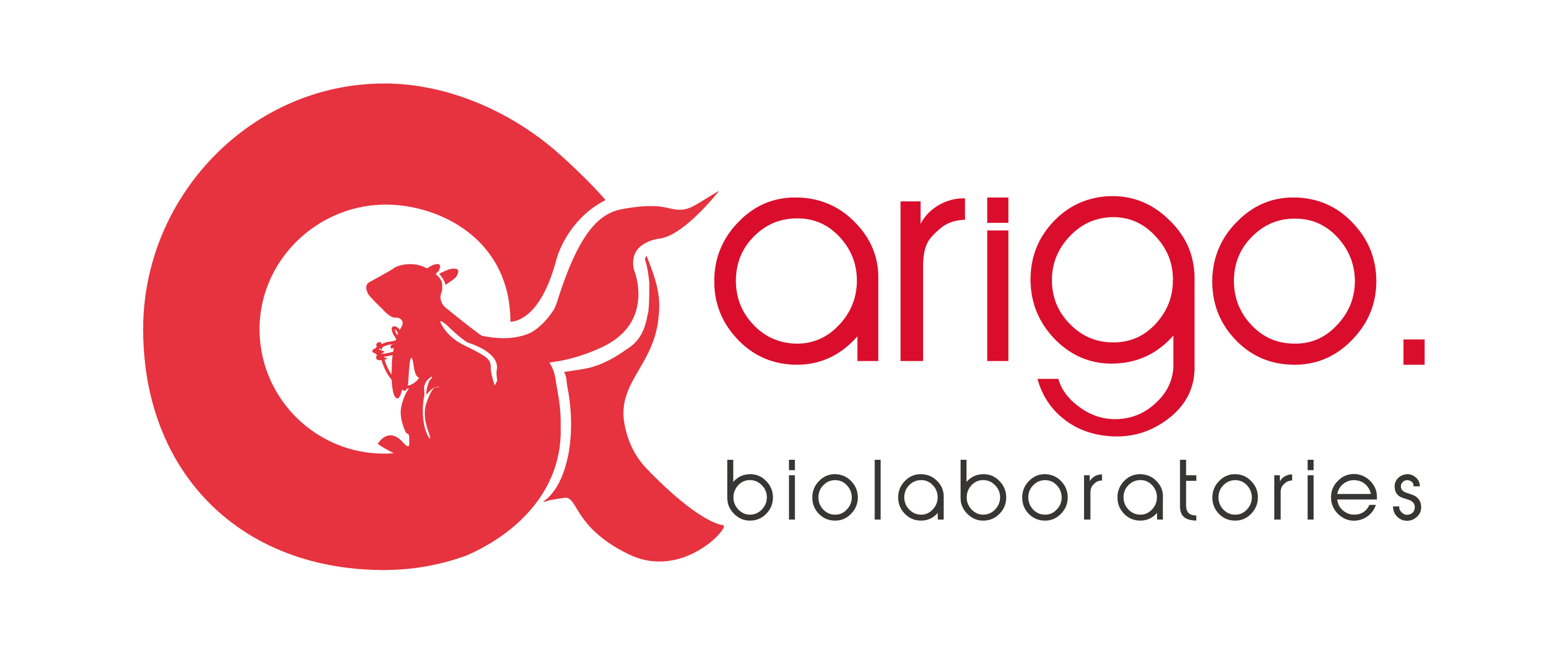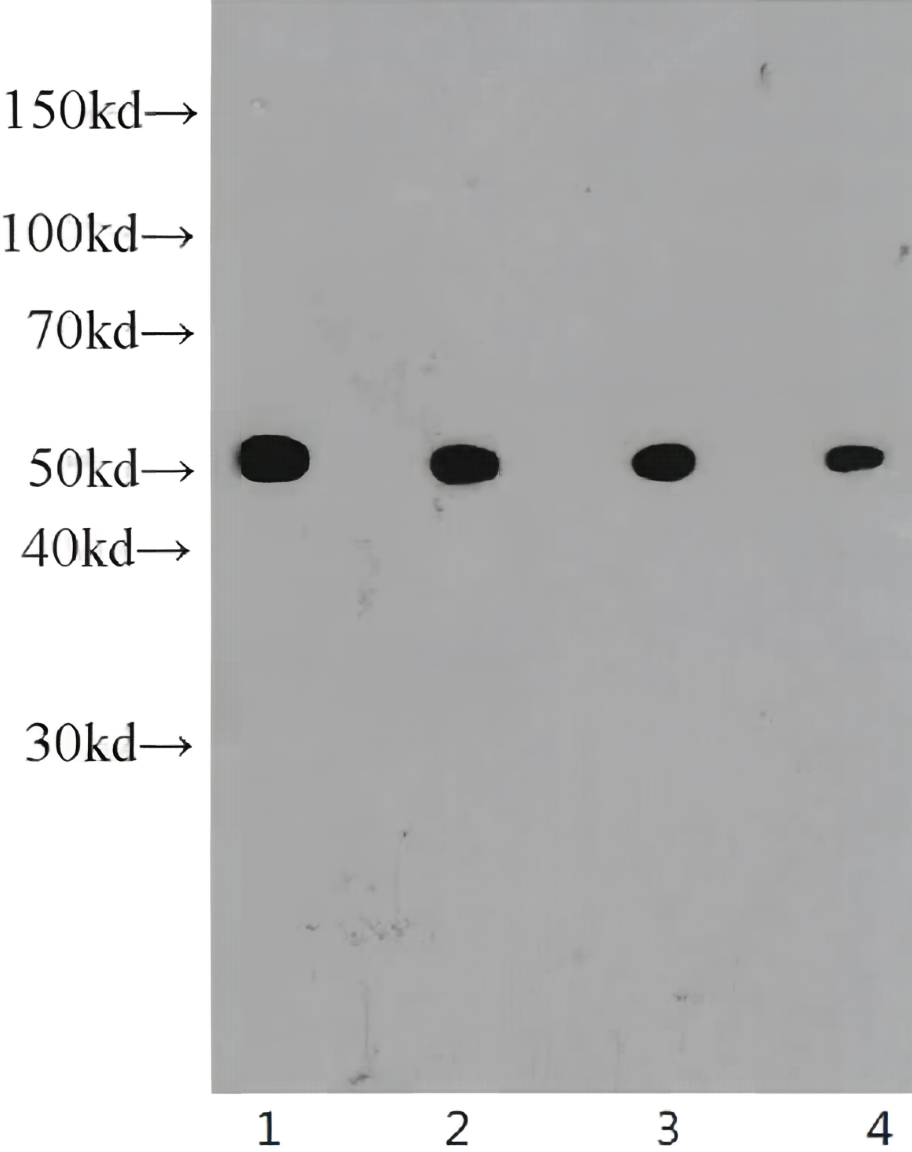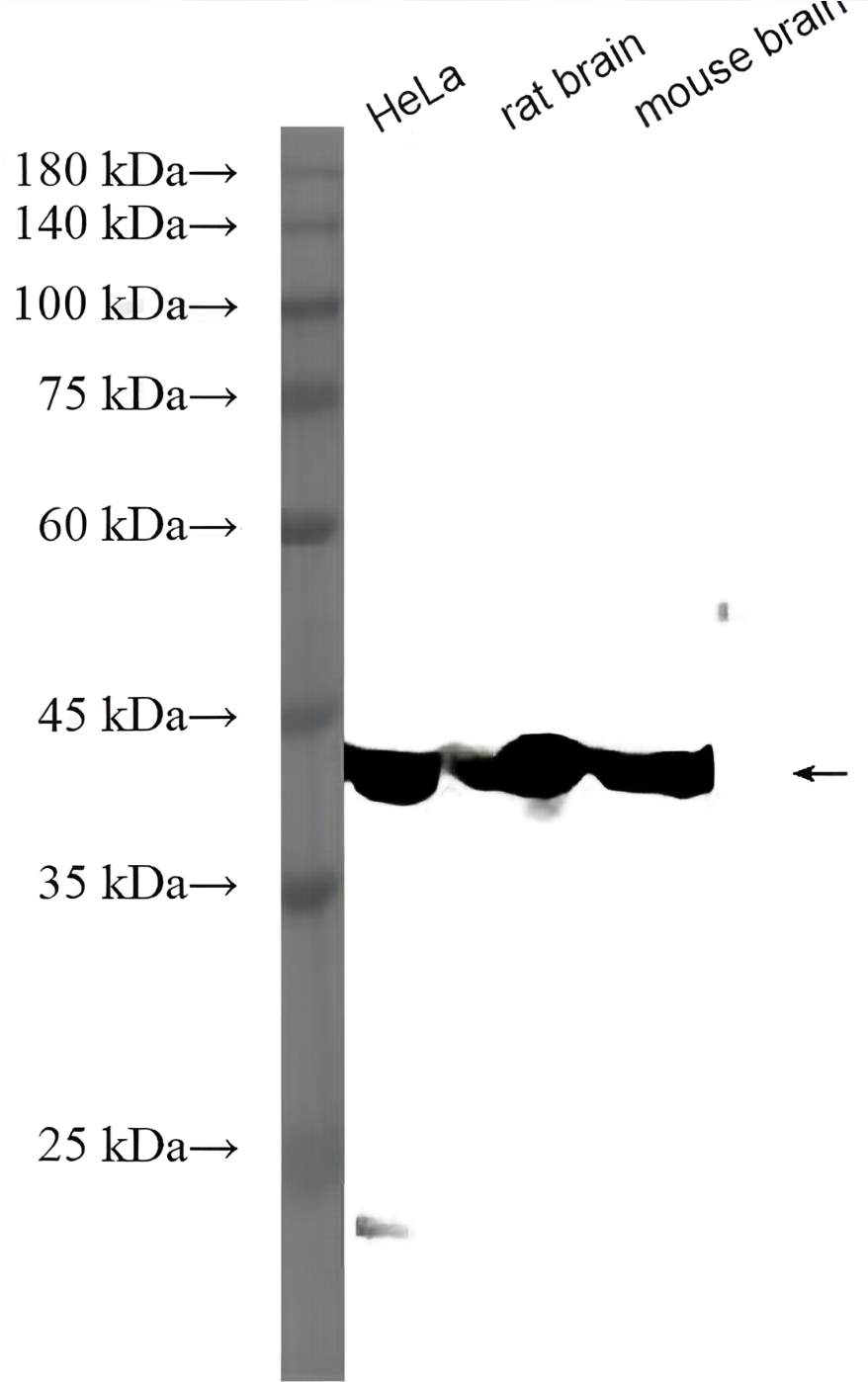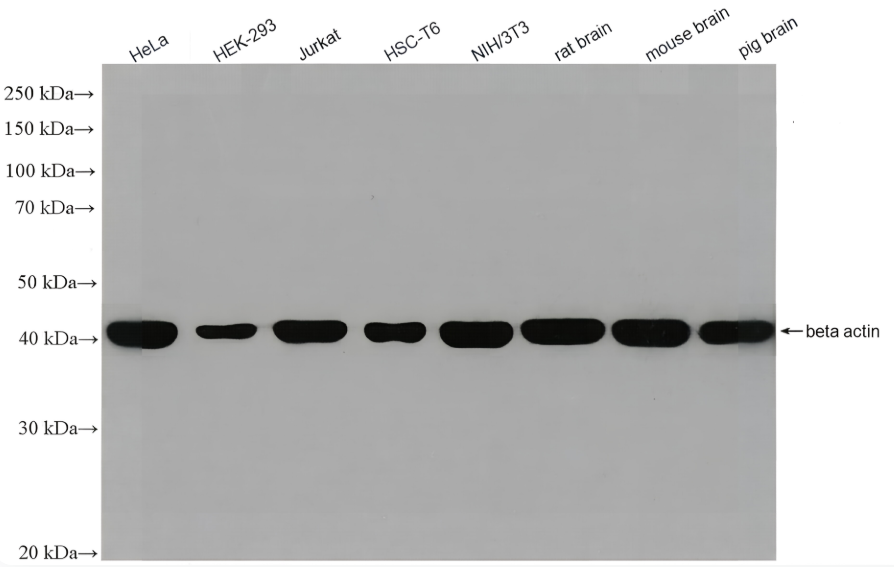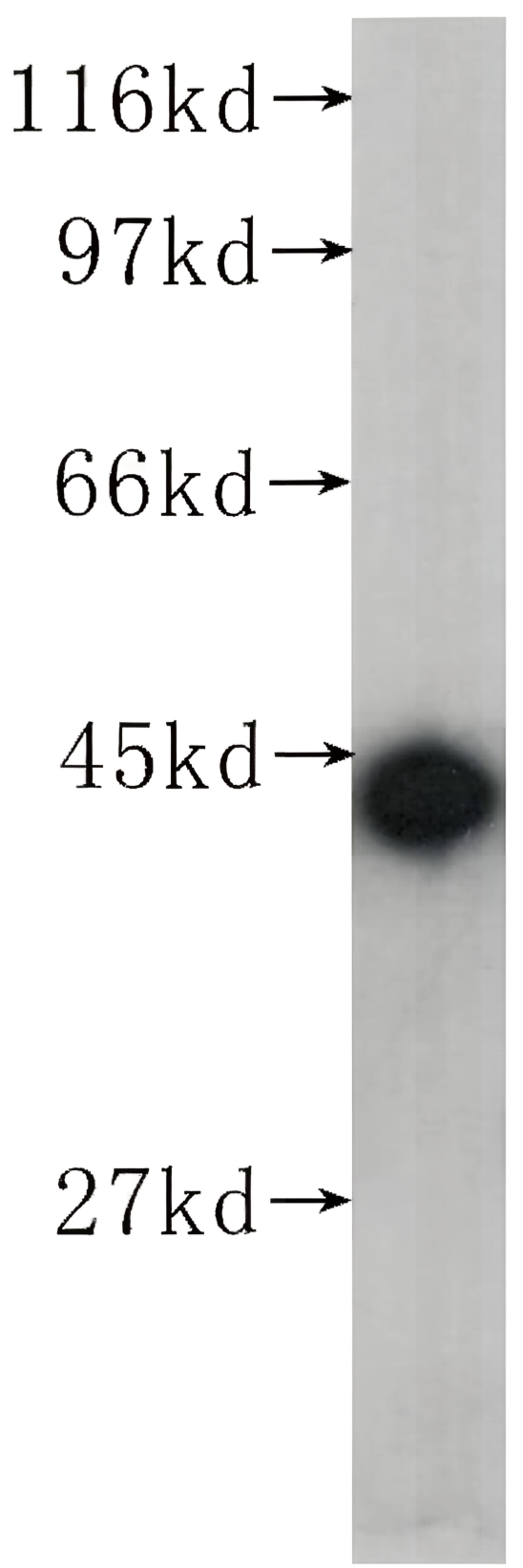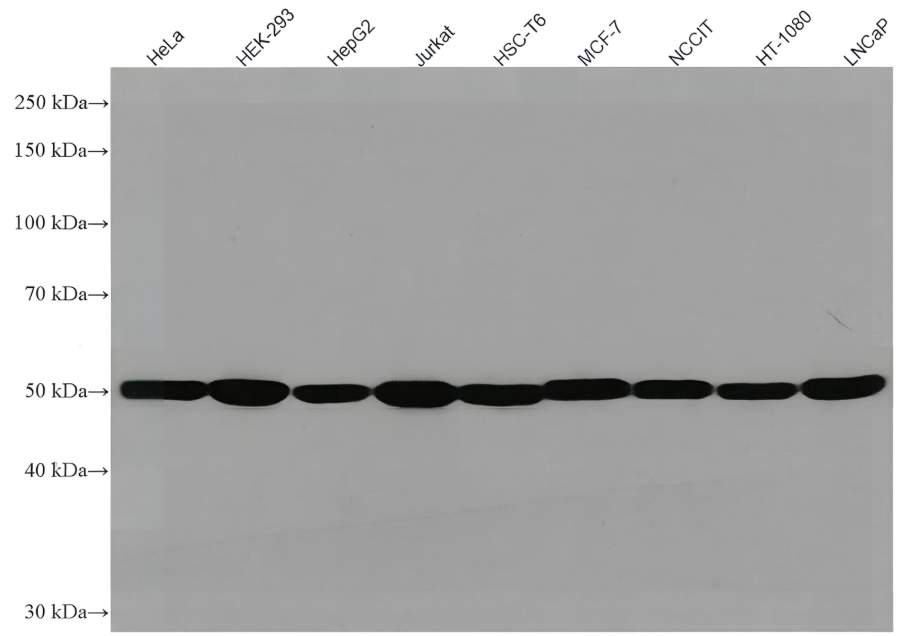anti-CD55 antibody [MEM-118]
CAT.NO. : ARG62891
US$ Please choose
US$ Please choose
Size:
Trail, Bulk size or Custom requests Please contact us
*产品价格可能会有所调整,请以品牌方官网实时更新的价格为准,以确保准确性。
概述
| 产品描述 | Mouse Monoclonal antibody [MEM-118] recognizes CD55 |
|---|---|
| 反应物种 | Hu, NHuPrm |
| 应用 | FACS, IHC-P, IP |
| 特异性 | The clone MEM-118 recognizes an epitope in SCR4 domain of CD55 (Decay accelerating factor, DAF), a 60-70 kDa glycosylphosphatidylinositol (GPI)-anchored single chain glycoprotein. CD55 is widely expressed on hematopoietic and on many non-hematopoietic cells; it is weakly present on NK cells. HLDA V; WS Code AS S016 |
| 宿主 | Mouse |
| 克隆 | Monoclonal |
| 克隆号 | MEM-118 |
| 同位型 | IgM |
| 靶点名称 | CD55 |
| 抗原物种 | Human |
| 抗原 | HPB-ALL human T cell line |
| 偶联标记 | Un-conjugated |
| 別名 | DAF; CD antigen CD55; CROM; Complement decay-accelerating factor; CR; TC |
应用说明
| 应用建议 |
| ||||||||
|---|---|---|---|---|---|---|---|---|---|
| 应用说明 | * The dilutions indicate recommended starting dilutions and the optimal dilutions or concentrations should be determined by the scientist. |
属性
| 形式 | Liquid |
|---|---|
| 纯化 | Purified from ascites by precipitation methods and size-exclusion chromatography. |
| 纯度 | > 95% (by SDS-PAGE) |
| 缓冲液 | TBS (pH 8.0) and 15 mM Sodium azide |
| 抗菌剂 | 15 mM Sodium azide |
| 浓度 | 1 mg/ml |
| 存放说明 | For continuous use, store undiluted antibody at 2-8°C for up to a week. For long-term storage, aliquot and store at -20°C or below. Storage in frost free freezers is not recommended. Avoid repeated freeze/thaw cycles. Suggest spin the vial prior to opening. The antibody solution should be gently mixed before use. |
| 注意事项 | For laboratory research only, not for drug, diagnostic or other use. |
生物信息
| 数据库连接 | Swiss-port # P08174 Human Complement decay-accelerating factor |
|---|---|
| 基因名称 | CD55 |
| 全名 | CD55 molecule, decay accelerating factor for complement (Cromer blood group) |
| 背景介绍 | CD55 (decay-accelerating factor, DAF) is a GPI-anchored membrane glycoprotein that protects autologous cells from classical and alternative pathway of complement cascade. Bidirectional interactions between CD55 and CD97 are involved in T cell regulation and CD55 can still regulate complement when bound to CD97. In tumours, besides protection agains complement, CD55 promotes neoangiogenesis, tumorigenesis, invasiveness and evasion of apoptosis. |
| 生物功能 | This protein recognizes C4b and C3b fragments that condense with cell-surface hydroxyl or amino groups when nascent C4b and C3b are locally generated during C4 and c3 activation. Interaction of daf with cell-associated C4b and C3b polypeptides interferes with their ability to catalyze the conversion of C2 and factor B to enzymatically active C2a and Bb and thereby prevents the formation of C4b2a and C3bBb, the amplification convertases of the complement cascade. [UniProt] |
| 研究领域 | Immune System antibody |
| 预测分子量 | 41 kDa |
| 翻译后修饰 | The Ser/Thr-rich domain is heavily O-glycosylated. |
检测图片 (1)
参考文献
克隆号文献
 New Products
New Products




![anti-CD55 antibody [MEM-118]](/upload/image/products/ARG62891_FACS_1_201117_210_205.jpg)
![anti-CD55 antibody [MEM-118]](/upload/image/products/ARG62891_FACS_1_201117.jpg)
